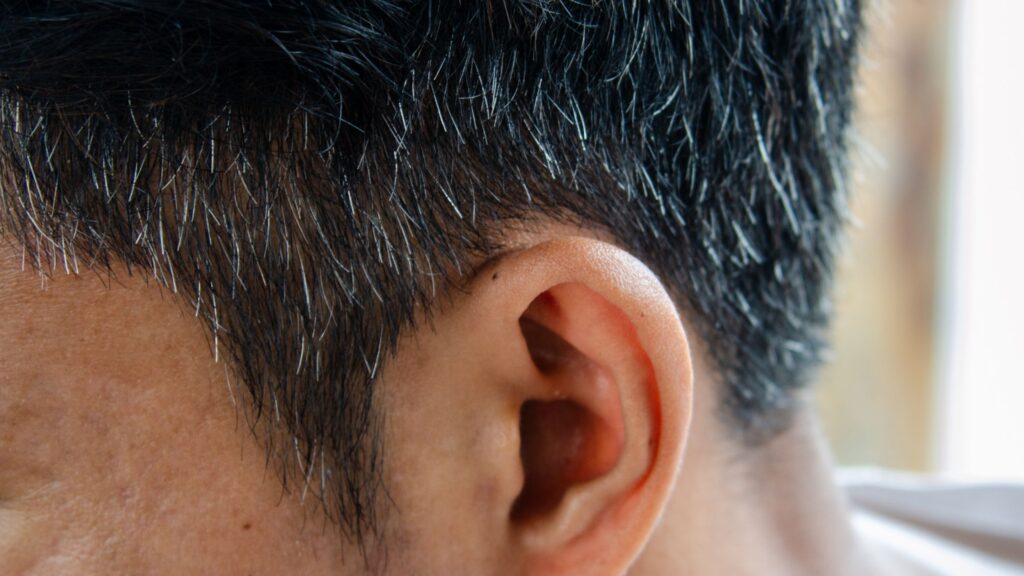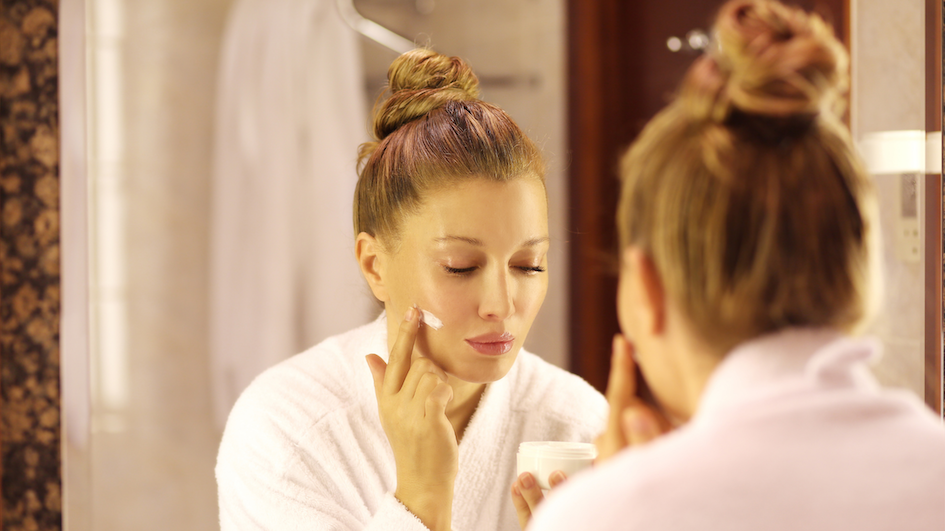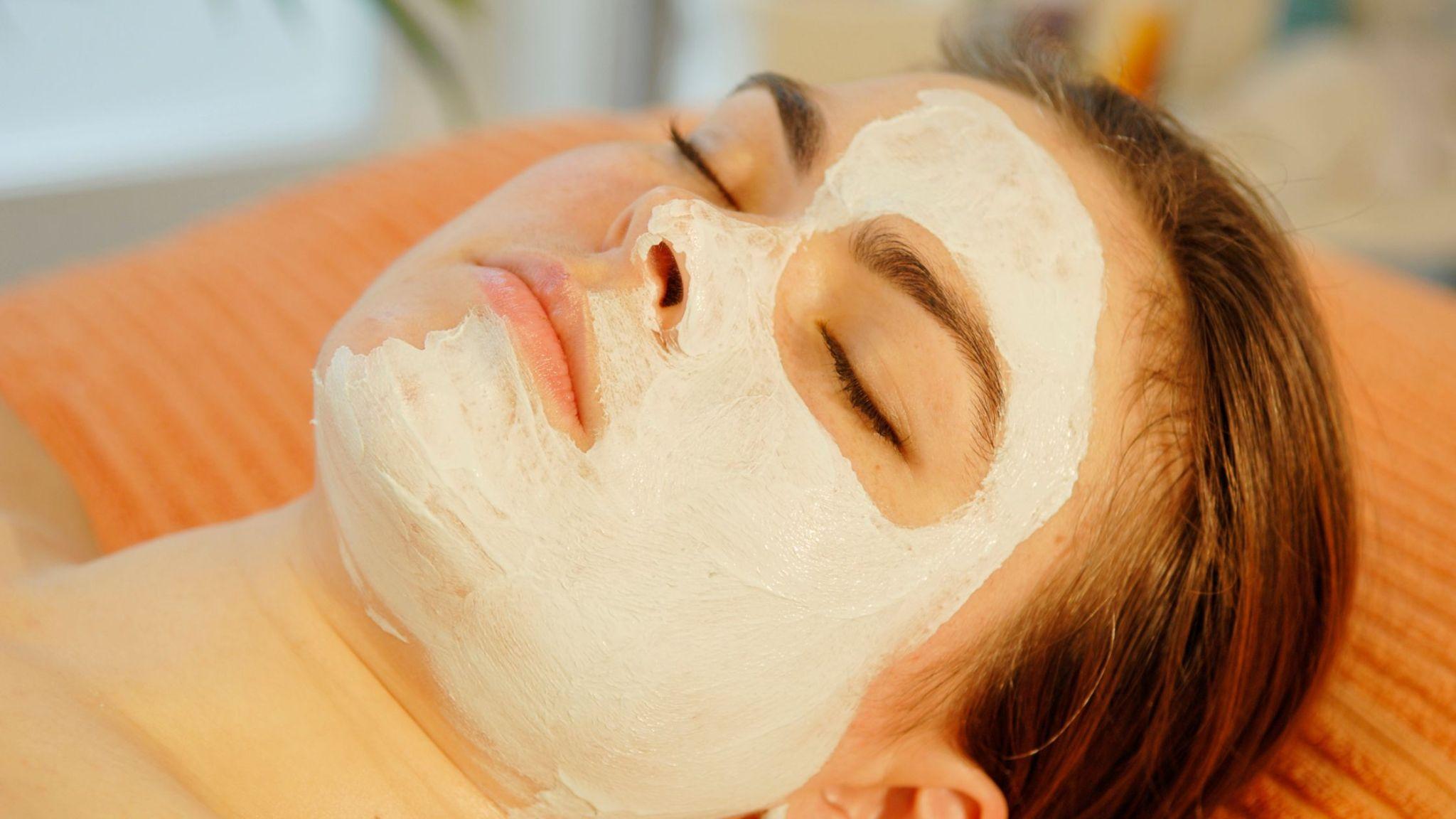What exactly is premature greying of hair?
Premature greying of hair refers to the condition where an individual’s hair starts turning grey or white earlier than what is considered typical for their age group. Hair color is primarily determined by the presence of pigments, particularly melanin, which is produced by melanocytes in the hair follicles.
Causes of premature greying of hair
Here are the different factors that can contribute to early greying of hair –
Deficiency of nutrients
Certain nutrients have been identified as significant contributors to premature greying. Insufficient levels of iron, copper, vitamin B, iodine, and omega-3 could lead to premature greying of hair. The consumption of packaged, junk, refined, or processed foods could potentially exacerbate greying.
Stress
Elevated stress levels can trigger the release of a chemical known as Norepinephrine into the follicle. This substance can impact your melanocyte stem cells, which transform into pigment cells. They migrate out of the hair follicles, resulting in the development of grey hair.
Genetics
The color of our hair is largely determined by the presence and distribution of pigments, specifically melanin, within the hair shaft. Melanocytes, the cells responsible for producing melanin, are located in the hair follicles. The genetic code inherited from our parents plays a crucial role in dictating the rate at which melanocytes produce melanin and how long they continue to do so. This directly impacts how fast your hair greys.
Hormonal Imbalances
Hormonal imbalance also plays a pivotal role in the premature greying of hair. For instance, thyroid hormones can influence melanin synthesis, potentially contributing to premature greying. The imbalance of sex hormones like estrogen, progesterone, and testosterone during different stages, like puberty, pregnancy, or menopause, also impacts the color of hair as they influence melanocyte function. Additionally, stress-induced hormonal changes, characterized by an increase in cortisol levels, have been linked to the acceleration of premature greying by affecting melanocyte stem cells.
Tips to avoid premature greying of hair
Adopting a proactive approach can significantly contribute to maintaining the blackness of your hair. Here are some handy tips you can adopt –
Always eat a balanced diet
Ensure your diet is rich in a variety of nutrients essential for hair health. Include foods high in vitamins B, D, and E, iron, and omega-3 fatty acids. Leafy greens, nuts, fish, and whole grains are excellent choices. A well-balanced diet supports the production of melanin.
Quit smoking
Smoking has been linked to premature greying and accelerated hair loss. The harmful chemicals in tobacco can damage hair follicles and hinder the production of melanin. Quitting smoking not only promotes overall health but also contributes to the preservation of hair color and texture.
Manage stress
Incorporate stress-management techniques into your daily routine, such as meditation, deep breathing exercises, or regular physical activity. These practices not only promote mental well-being but also support healthy hair growth.
Keep your scalp healthy
Regularly cleanse your scalp to remove excess oil, dirt, and product buildup. Use a mild, moisturizing shampoo and conditioner to nourish the hair follicles. A healthy scalp creates an optimal environment for melanocytes to produce pigment.
Protect hair from UV rays
Exposure to UV rays can damage the hair cuticle, leading to dryness, brittleness, and premature greying. Protect your hair by wearing hats or using hair products with UV filters when spending extended periods in the sun. This helps shield your hair from environmental damage and preserves its natural color.
Avoid harsh hair treatments
Limit the use of harsh hair treatments that can strip the hair of its natural oils and weaken the structure of the hair shaft. Excessive heat styling, chemical dyes, and harsh hair care products can contribute to premature greying. Opt for gentler alternatives and give your hair regular breaks from intense styling or chemical processes.
Get enough sleep
Quality sleep is essential for overall health, and it plays a role in maintaining healthy hair. During sleep, the body undergoes repair processes, including those related to hair growth and pigmentation. Aim for 7-9 hours of sleep per night to support your body’s natural regeneration and contribute to the prevention of premature greying.
Is it possible to reverse premature greying of hair?
Some topical treatments, such as certain hair oils or products containing peptides and antioxidants, may claim to slow down the greying process. However, the efficacy of these treatments is not universally established.
However, if medical conditions or hormonal imbalances are the main cause of your premature greying, addressing the underlying issues might have an impact on your hair color. Either way, the first step you must take is to consult an experienced dermatologist who will guide you through the next steps. If you are in Bangalore or its vicinity, visit Dr. Renu’s clinic for possible solutions. Book an appointment at our clinic now.












